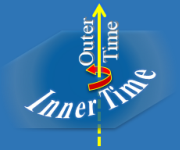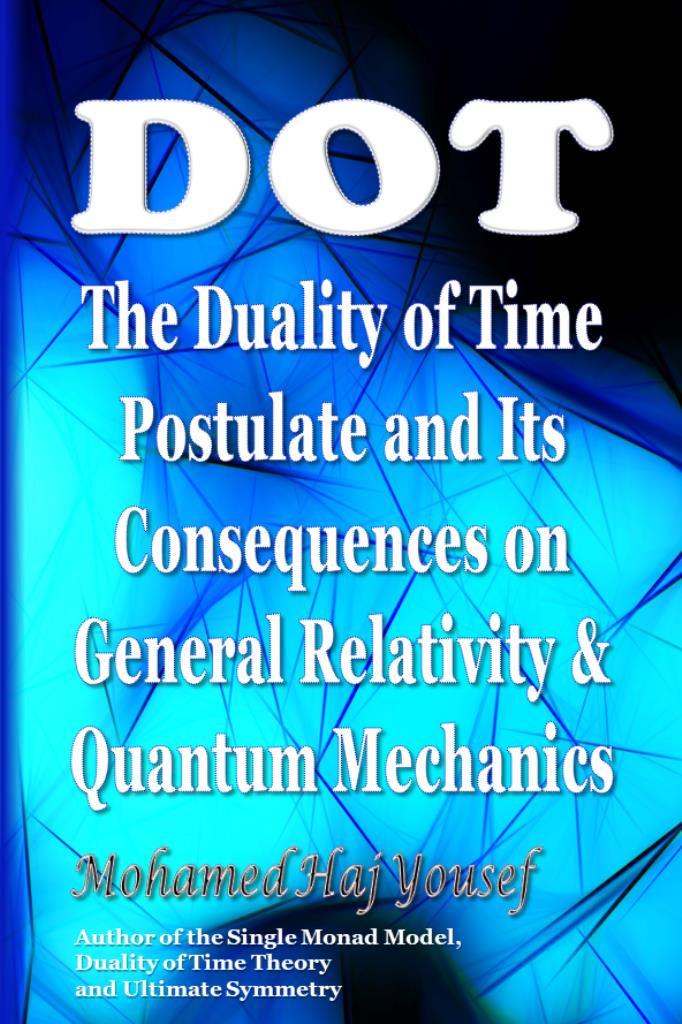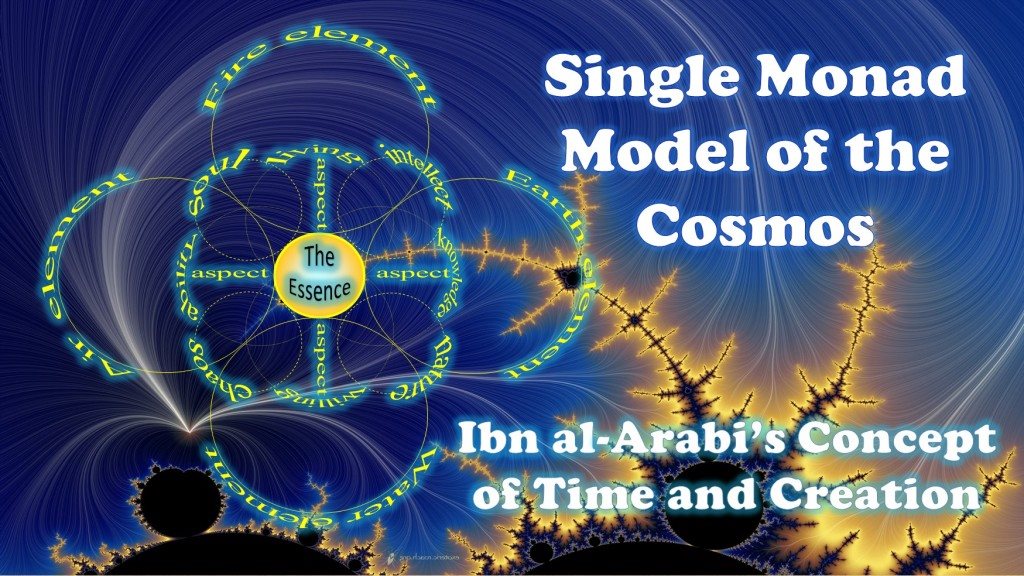IV.1.1 Pantheism and Panentheism
According to what we have introduced above, the Oneness of
Being is often confused with Pantheism or Panentheism, the first means that the
universe, conceived of as a whole, is identical with God, while the other
asserts that God includes the universe as a part though not the whole of His
Being. Both of these doctrines stress the all-embracing inclusiveness of God,
as compared with His separateness emphasized in many traditional theistic
doctrines.
Pantheism was popularized in Western culture as a theology
and philosophy based on the work of Baruch Spinoza (1632-1677), particularly
his book: Ethics, but the term itself was coined two decades later. Although
the terms are recent, Pantheism and Panentheism have been applied
retrospectively to some ancient philosophical traditions. Einstein is regarded
as pantheist, where he explicitly wrote: We followers of Spinoza see our God
in the wonderful order and lawfulness of all that exists and in its soul as it
reveals itself in man and animal. [18, p. 51].
Some scholars and critics of the Oneness of Being wrongly
consider Ibn al-Arabi as pantheist, observing the obvious connections and
similarities between many of the ideas and concepts that Spinoza developed in
his Ethics and that of Ibn al-Arabi s. For both Ibn al-Arabi and Spinoza there
is no ultimate existence to anything other than God [32, Prop. xiv. xv.], and
they both believe the immanence of God and that He is not outside or separate
from the Universe, but many pantheists then went on to imagine God as
non-anthropomorphic and non-personal or non-personified being and that he has
no will and no ability or power over the world.
Therefore, in spite of captivating most of their
philosophical conceptions from the Oneness of Being, both Pantheism and
Panentheism overlooked the core aspects of God, namely the four fundamental
Attributes: Living, Knowing, Ability and Will; that are necessary and
sufficient for Godship. Only with these four fundamental Attributes, from which
many other Attributes also follow, as we shall discuss further in section IV.1.3,
the doctrine may become coherent and comprehensive, because half knowledge is
double ignorance. No proper doctrine could possibly be held true without taking
into account all these divine Attributes, which then require the acceptance of
divine Omnipotence, Supremacy and Influence, and basically all other
theological descriptions introduced by the main religions, including the
believe in messengers and their authentic divine messages in general.
Moreover, in addition to its uncompromising adherence to
the absolute Oneness and Transcendence of God, no matter how much it considers
the creations to be intimately interrelated to Him, the most obvious
distinguishing feature of the Oneness of Being is its dualistic view of the
creation. Created entities have various categorized forms of existence, ranging
from the outward physical complexion, confined in the geometrical dimensions of
space and time, to the highest spiritual presences that may be transcendent and
even eternal, but on top of all that, there is always the innermost divine
aspect that cannot be differentiated from God. When we look at their outward
forms of existence, the creations are obviously not God, and not even real, but
if we consider their innermost level, of being, they are not other than God. In
Ibn al-Arabi s own words, the things are: He/not He [Futuhat: II.168.23,
II.343.28, II.379.9, II.444.16, II.501.4, III.343.23, III.471.13] or : they
are not Him, and they are not other than Him [Futuhat: I.42.21, I.204.12,
I.284.32, I.680.7, III.275.32, IV.46.6, IV.129.31, IV.228.12, IV.236.15]. For
if we say the things are God, this means confining Him in objects and
dimensions, and yet if we say that they are not Him, then this implies the
assertion of other separate and self-subsistent existents. Therefore, the forms
do not have any real independent existence, but they exist by and through God,
not by themselves. For Ibn al-Arabi, this is the secret of sincerity , which
is also the secret of destiny that makes clear the fundamental distinction
between the Creator and the creation, the Eternal and the created. He explains
that this secret has been hidden from most people [Futuhat: III.182.11].
In general, Pantheism and Panentheism can be explored in
comparison with traditional theistic views according to their various
standpoints regarding immanence or transcendence, monism, dualism, or
pluralism, or also regarding the relation to time and eternity, or weather the
world is sentient, real or illusory, in addition to other issues such as
freedom, determinism and secularism.
Generally, classical theism holds to the transcendence of
God, but also His existence over and beyond the Universe, while also
recognizing that if the separation between God and the world becomes too
extreme, humanity risks the loss of communication with Him. Panentheism,
however, maintains that the divine can be both transcendent and immanent at the
same time, while Pantheism holds only to the divine immanence, and it is
typically monistic, with some intuition of personal union with God. Panentheism
is monistic in holding to the unity of God and the world, but dualistic in
urging the separateness of God s essence from the world, and pluralistic in
taking seriously the multiplicity of the kinds of beings and events making up
the world. On the other hand, most forms of Pantheism understand the eternal
God to be in intimate juxtaposition with the world, thus minimizing time or
making it illusory. In Panentheism, the temporality of the world is not
canceled out, and time retains its reality.
For both pantheism and classical theism, God is absolute;
and for many forms of pantheism, the world, since it is identical with God, is
likewise absolute, unlike classical theism, which envisages a separation
between God and the world, thus considering God is absolute but the world
relative. For Panentheism, however, God can be absolute and relative, cause and
effect, actual and potential, active and passive, according to the different
levels of the divine nature; both extremes can be attributed to God without
inconsistency. Pantheism also rejects the idea of a personal entity of God and
that He is transcendent, and since He doe not have a will He cannot act in or
upon the universe.
In recent centuries, pantheism became the viewpoint of many
leading writers and philosophers, such as William Wordsworth and Samuel
Coleridge in Britain; Johann Gottlieb Fichte, Schelling and Hegel in Germany;
Knut Hamsun in Norway; and Walt Whitman, Ralph Waldo Emerson and Henry David
Thoreau in the United States. In 1864, it was formally condemned by Pope Pius
IX in the Syllabus of Errors.


















